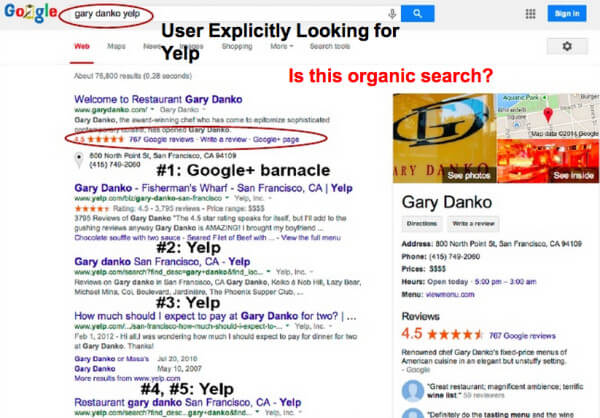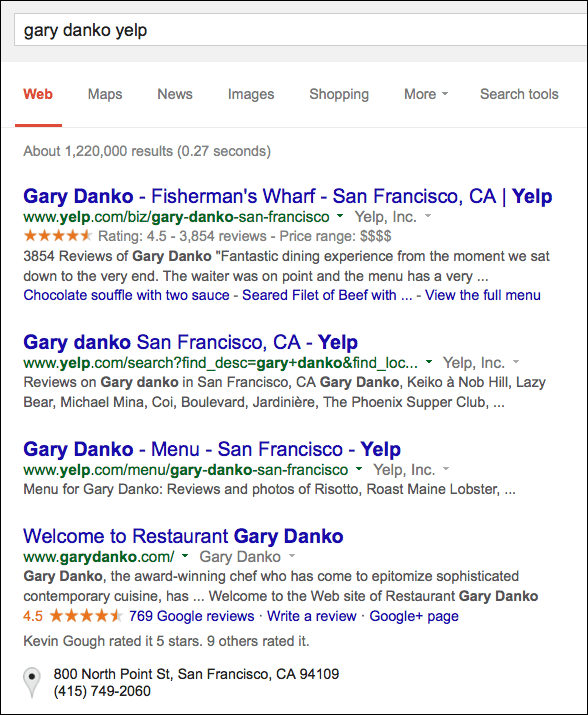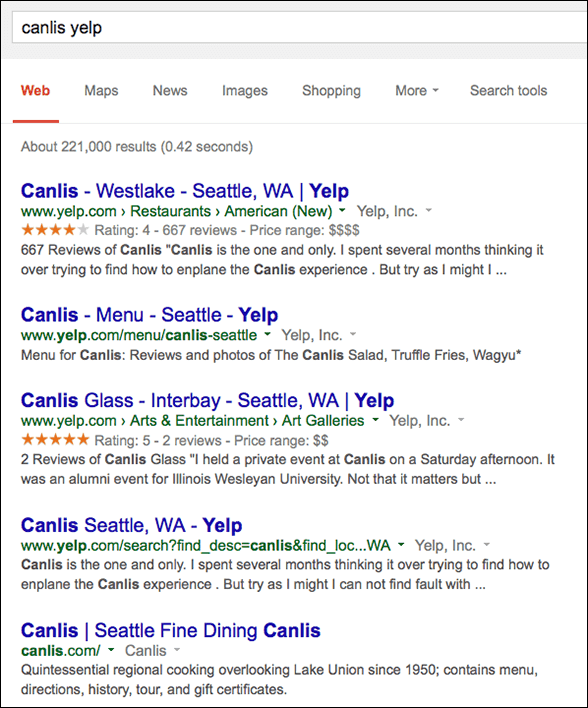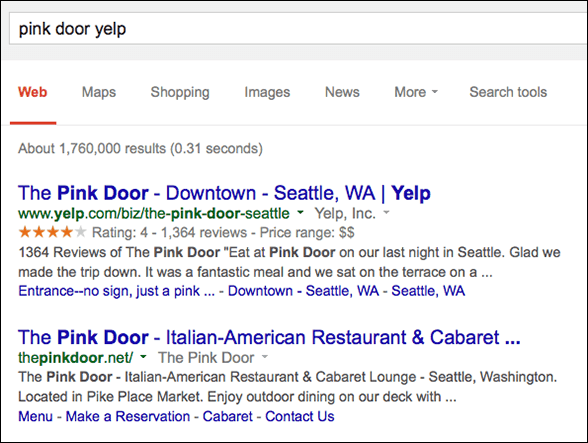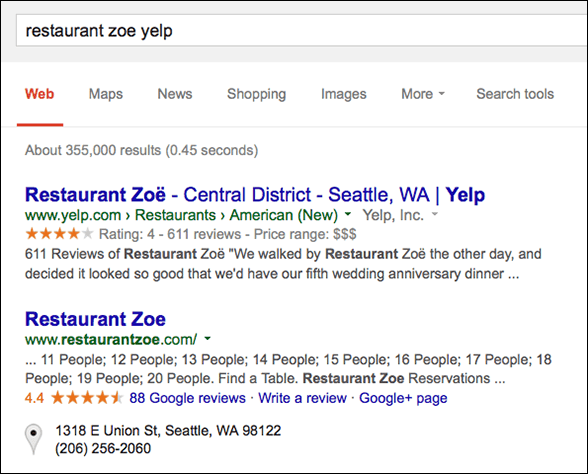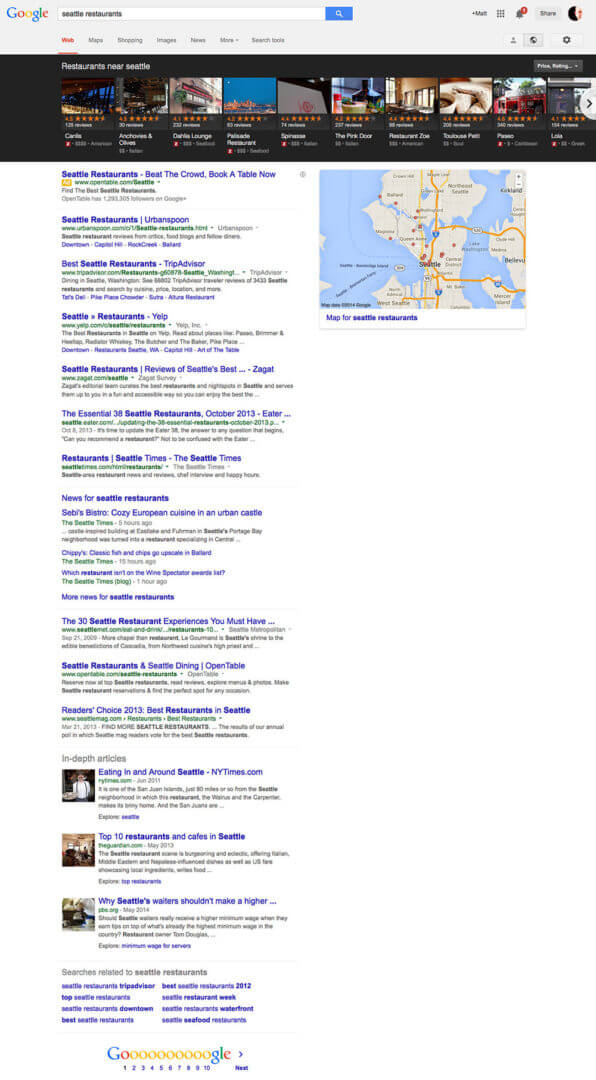SearchMetrics announced their 2019 SEO ranking factors study is now ready for download.
Every year, SearchMetrics releases the study but this is the largest study they’ve done, with almost 100 pages and by adding dozens of new factors like time of site, bounce rate, fresh links and others.
The key take away from here is that content may now be truly king. Marcus Tober from SearchMetrics said in the report that content is “no longer an addition to, but is the main focus of, SEO .”
Here is a breakdown of the study with some charts showing parts of the analysis. But you can download the full report over here.






Some opinions expressed in this article may be those of a guest author and not necessarily Search Engine Land. Staff authors are listed here.
Every year, SearchMetrics releases the study but this is the largest study they’ve done, with almost 100 pages and by adding dozens of new factors like time of site, bounce rate, fresh links and others.
The key take away from here is that content may now be truly king. Marcus Tober from SearchMetrics said in the report that content is “no longer an addition to, but is the main focus of, SEO .”
Here is a breakdown of the study with some charts showing parts of the analysis. But you can download the full report over here.
Content
- There is a measurable correlation between the quality of content and rankings. This is demonstrated by, among others, the analysis of two new features based primarily on word co-occurrence analysis: Proof and Relevant Terms.
- The length of content continues to increase.
- A good internal linking structure is an important factor, and probably the most underrated SEO measure.
Onpage Technical SEO
- Onpage, the keyword remains an important part of the overall concept for SEO, often represented by a balanced presence in Title, Description, Body copy, H1, H2, etc. Needless to say, that keyword stuffing should still be avoided. However, there is a definite trend towards developing keywords to topics to generate holistic content.
- Site load speed is a veryRF Robot important performance factor.
- Good site architecture is the beginning and end of effective SEO.
Backlinks
- The quantity and especially the quality of backlinks remains important.
- The number of keyword backlinks continues to decrease, even if the correlation increases.
- Backlink features for Brands (Point 6 below) appear to work differently to the rest of the URLs in SERPs.
Social Signals
- There were minor changes to the previous year, with Social signals correlating slightly less with good rankings than last year.
- Average values rose slightly.
User Signals
- Both the click-through rate and the time-on-site are considerably higher in better ranking sites – this may appear obvious, but average values determined over many URLs can be used as a benchmark for your own optimization.
- The bounce rate is lower for top-ranking URLs.
Brand Factor
- There seem to be special consideration for big brands.
- The Brand Factor and its definition have been revised this year, to show the increasing complexity of its influence and quality.
Overall Ranking Chart:
Content Ranking Factors:
On Page Technical Ranking Factors:
Link Ranking Factors
Social Ranking Factors:
Infographic:
Some opinions expressed in this article may be those of a guest author and not necessarily Search Engine Land. Staff authors are listed here.
